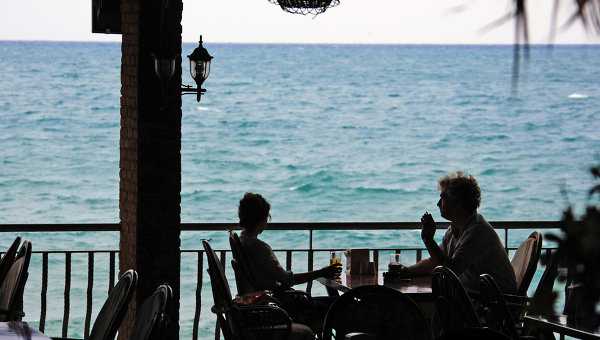|
By Patrick J. McGinnis
|
|
Over the last year, Turkey has been in the news with some frequency. From mammoth street protests against the perceived deterioration of societal secularism to the Parliament’s approval of Islamic headscarves in universities, Turkey is passing through a time of profound internal discussion. Since I’ve been to Turkey almost 20 times in the last two and half years, I’ve had a front-row seat to this process. In fact, I was in Istanbul a few weeks ago when the court system overturned the headscarf law and banned them once again.
Turkey’s largest city, Istanbul, is a timeless city that has been populated for over 6,000 years. It is typically referred to as the crossroads between East and West as it sits on the two shores of the Bosphorus, which is the narrow body of water that separates Europe and Asia. Thus, in a typical day, one can wake up in Europe, cross a bridge to have lunch in Asia, and take a cab back to Europe by early afternoon.
The first time that I visited Turkey, in late 2005, I had no idea what to expect given the fact that Turkey is a Muslim nation. Somehow, I expected Istanbul to feel very Middle Eastern, conservative, and Islamic. Like many visitors, I found something quite different from what I had imagined. Istanbul is a highly cosmopolitan city with an energetic nightlife, and citizens that look and dress like their neighbors in Europe. In fact, most visitors to Turkey would find Istanbul to have plenty in common with the other great cities of Europe. As any Turkish person will remind you, while they are largely Muslim, the Turks are not part of the Arab world, but rather have their own distinct culture that is quite different from the Middle East.
Scratching below the surface, one quickly learns that Turkey is a complex place. First of all, it’s in a tough neighborhood. With neighbors like Iran, Iraq, and Syria, things don’t stay quiet for too long in the region. Second, Turkey is a country that is constantly wrestling with the interaction between religion, secularism, democracy, and modernity. While many Turks in Istanbul and the western part of Turkey consider themselves European and secular, the heartland and eastern section of the country are far more conservative, religious, and traditional. It’s not unlike the red state/blue state divide that we see in the United States.
The pull between East and West is a fundamental element of life in Istanbul. For example, my company’s office is located in a part of the city that would fit in well in Vienna or Prague. The streets are lined with luxury goods stores and girls in the latest Parisian fashions cautiously navigate their way across the streets in high heels. At the same time, directly across the street is a large and historic mosque that broadcasts the Muslim call to prayer five times per day. Yet in the mosque’s courtyard there is an über-trendy cafe where Istanbul hipsters dressed in jeans and t-shirts drink lattes, oblivious to the religious programming going on next door. Still, at the same time, in another part of the city, visitors will see women wearing headscarves shopping at local markets. In sum, Istanbul, much like Turkey itself, won’t — or can’t — allow itself to be easily classified.
My experiences in Turkey have taught me that the line between a religious and secular society can be very blurry. Take the example of Ramadan, the Muslim holy month during which observant Muslims are required to abstain from food and drink from sunrise to sunset. First of all, let me note that Ramadan is one of my favorite times of year. As a non-Muslim, I’m not required to fast during Ramadan, although I try not to eat of drink in front of those who are fasting. The payoff comes at sunset when the massive meal to break the fast, or ifthar, is served. Although I’ve made none of the sacrifices entailed in fasting, I get to take part in a veritable feast. It’s sort of like having Thanksgiving every day for a month.
In any case, while in some nations like Kuwait, Muslims and non-Muslims alike are forbidden by law from eating or drinking in public during the season, Turkey is quite the opposite. Fasting is an individual choice and in cities like Istanbul, as many citizens choose to fast as those who do not. In that way, Turkey does not fit the traditional perception that most Westerners have about Muslim nations. Instead, in its approach to religion, Turkey, at least in cities like Istanbul, reminds me much more of a nation in Europe or even the United States. Of course, I haven’t yet been to the rural east of Turkey — but then again, I haven’t been to rural Alabama either.
Source :


Leave a Reply